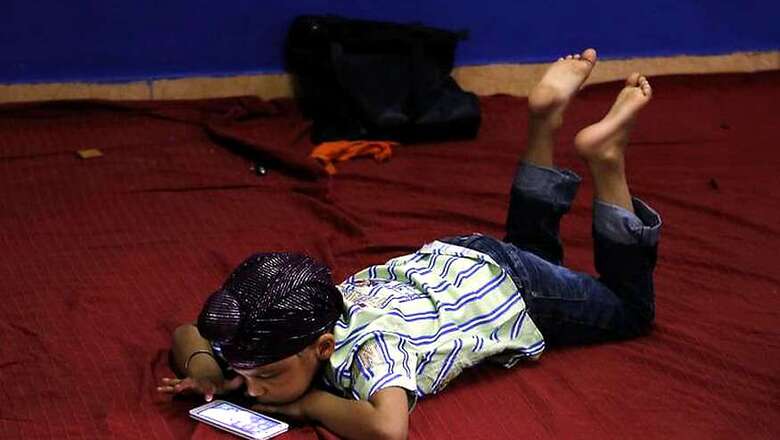
views
Internet may have prompted millennials -- born between 1983 and 2000 -- to see themselves as "free agents" who are less likely to choose a religious tradition or belief that only one religion is true, a study has revealed.
Frequent Internet use may decrease the affiliation with a single religious tradition, because Internet use encourages religious "tinkering", the researchers said.
"Tinkering means that people feel they are no longer beholden to institutions or religious dogma," said Paul K. McClure, researcher and sociologist at the Baylor University in Texas.
"The more time one spends on the Internet, the greater the odds are that that person will not be affiliated with a religion," McClure added.
Internet use exposes people to a broader array of religious traditions and beliefs and may encourage them to adjust their views or experiment with their beliefs, perhaps adopting a less exclusive view of religion.
"Today, perhaps in part because many of us spend so much time online, we're more likely to understand our religious participation as free agents who can tinker with a plurality of religious ideas -- even different, conflicting religions -- before we decide how we want to live," McClure said.
The study, published in the Journal for the Scientific Study of Religion, also examined television viewing and found that it was linked to religion, but in a different way -- lower religious attendance and other religious activities that take time.
"Both TV and the Internet require time, and the more time we spend using these technologies, the less time we have to participate in religious activities or with more traditional communities," he said.
McClure analysed 1,714 adults aged 18 and older.

















Comments
0 comment